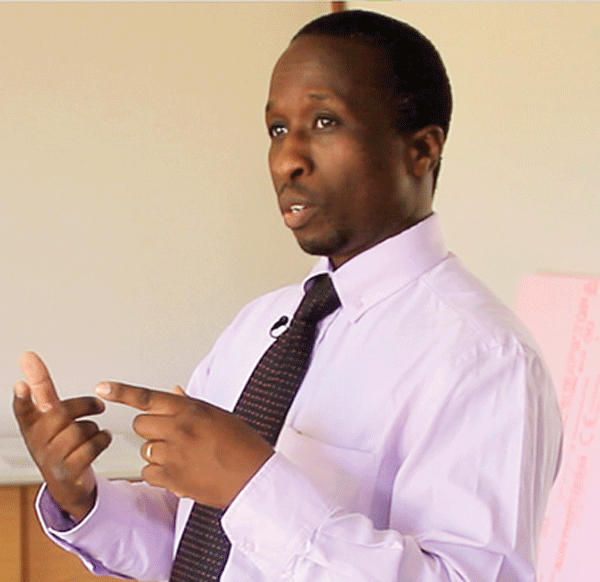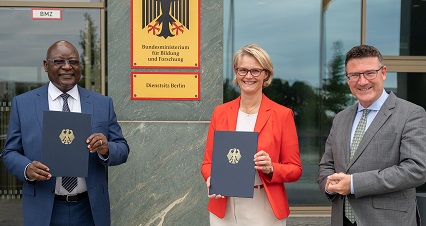
Harambee Plan on rural electrification

Energy experts are in agreement that the Harambee Prosperity Plan requires a forceful rethink by first employing emerging clean burning technologies to meet household energy needs.
The plan sets out among other ambitious targets to increase the provision of rural electrification by 50%. According to energy consultant, Dr. Detlof von Oertzen of VO Consulting. “It is not however advisable to use the solar generated electricity for heating water or cooking in meeting the prescribed first base solution to rural electrification.”
Government is mostly only focusing on the business of electrifying schools and other government institutions and not necessarily rural households. The risky business of rural electrification is a game of marginal business due to many bottle necks for businesses.
The Harambee Prosperity Plan has three targets on rural electrification. The first being the ability to increase power generation from 400 to 600 MW; to electrify all schools by the year 2020 and lastly, the rural electrification to be increased by 50% of which Oertzen sees this as the more ambitious.
Oertzen spoke on a panel among other energy experts as part of a series of lectures hosted by the Konrad Adenauer Foundation Namibia-Angola that focused on how Renewable energy offers a panache in solving the problem of supplying remote off-grid communities.
Dr. Klaus Töpfer, former Federal Minister for Environment, Nature Conservation and Nuclear Safety and Executive Director of the UNEP in Nairobi was the main speaker.
“Despite the over reaching goals the industry is however optimistic that new technologies are at their prime for a direct transition to clean energy,” Oertzen said among other experts such as Zivayi Chiguvare, Director of the Namibia Energy Institute at the Namibia University of Science and Technology.
In response to the Economist, Chiguvare said that electrifying rural communities and households requires a gradual scaling up to meet this essential first for individual household energy needs in the greater scheme of gearing up towards a manufacturing base.
Chiguvare said that the small population density in the rural areas is the deterrent for many independent power producers, and it does not make economic sense to extend the electricity grid for several hundred kilometres so as to supply a few households.
“It would never be possible to recover the invested capital from payments for consumed electricity if sold at the same cost as in the cities,” Chiguvare said.
According to Chiguvare, the industrial applications of electricity are more feasible to towns closer to the main electricity grid and will benefit those households in meeting other electrical needs beyond thermal heat such as lighting and charging of devices.
Furthermore, he said electricity would be more costly as the process of converting solar energy to electricity, then to heat, is very inefficient. Alternative ways of such as gas stoves, solar cookers, and solar water heaters may then be utilised economically.
He also said, renewable energy in the form of photovoltaic (solar) cells provides the most economic opportunity for such areas to be electrified. The cost may seem high at the beginning, but the electricity will be produced for more than twenty years, without having to pay a bill for the source of energy.
The two panellists are in agreement that incentives for private industry players is needed for these decentralized locations. Oertzen suggested that it would be of paramount importance to gradually scale the energy needs of households starting with thermal needs with energy efficient clean burning stoves.












































